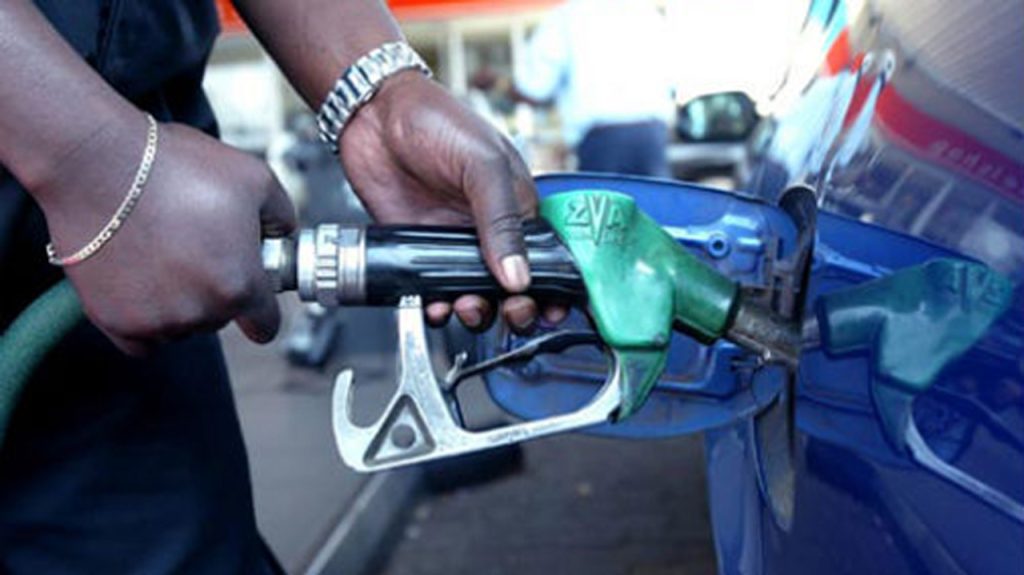Angola on Friday revealed that it has decided to reduce its spending on petrol subsidy, according to a report by Bloomberg.
The Minister of state for economic coordination, Manuel Junior after the cabinet meeting on Thursday in Luanda, the country’s capital said the subsidy reduction will take effect from Friday.
He said this would lead to an increase in the price of petrol from the current 160 kwanzas (about $0.27) per litre, to 300 kwanzas (about $0.51) per litre.
The change in price represents an 87.5 percent rise, starting from 1.00 am, on Friday.
Subsidies on other petroleum products, such as diesel, cooking oil, and gasoil (a type of diesel), will remain unchanged, he said.
The minister said the removal of petrol subsidy is “a necessary measure to promote solid economic growth capable of addressing the serious problems facing the country”.
Junior said Angola’s expenditures on fuel subsidies amounted to $3.8 billion in 2022.
On her part, Vera Daves, Angola’s minister of finance, said removing the petrol subsidy was a sovereign decision of the Angolan state and was not influenced by external pressure from the International Monetary Fund (IMF).
According to a government report obtained by Xinhua, Angola’s ministry of finance had put forth a proposal for a phased reduction of petrol subsidy beginning in the second quarter of 2023.
The report also recommended a gradual and progressive removal of the subsidy on diesel and illuminating oil prices, with the process projected to last until 2025.
Angola has the fourth-lowest petrol prices in the world ($0.28) after Libya, Iran, and Venezuela, according to data compiled by Globalpetrolprices.com.

